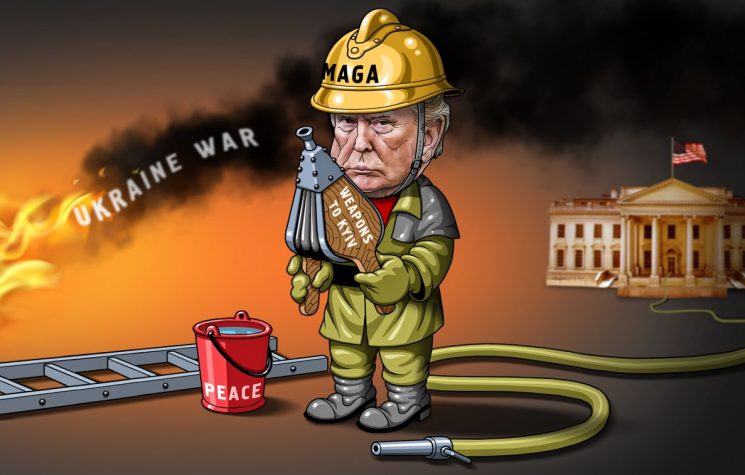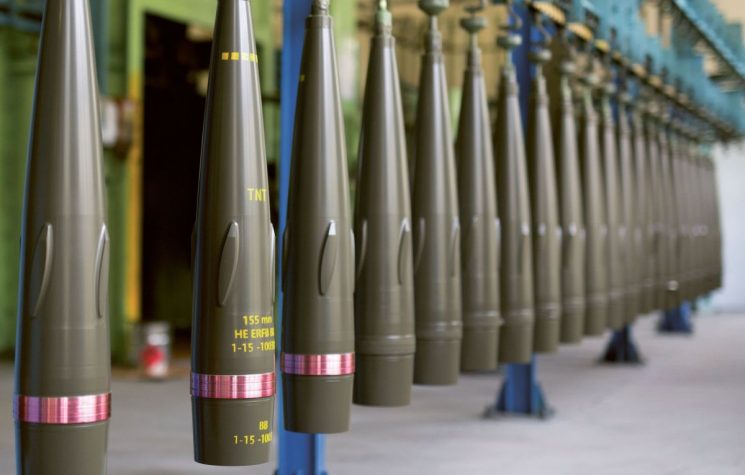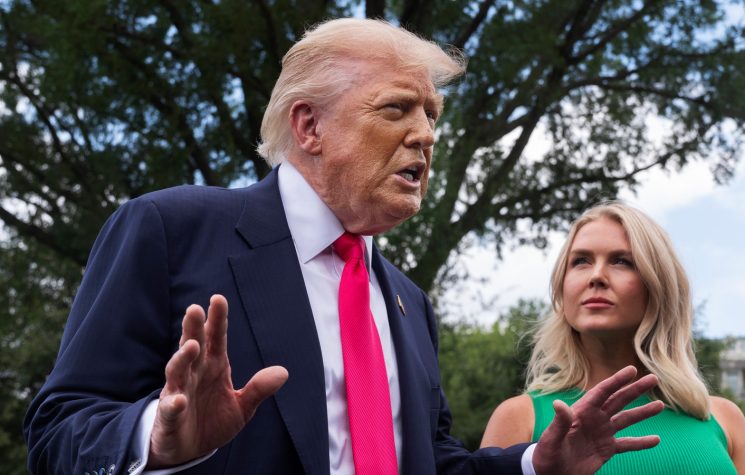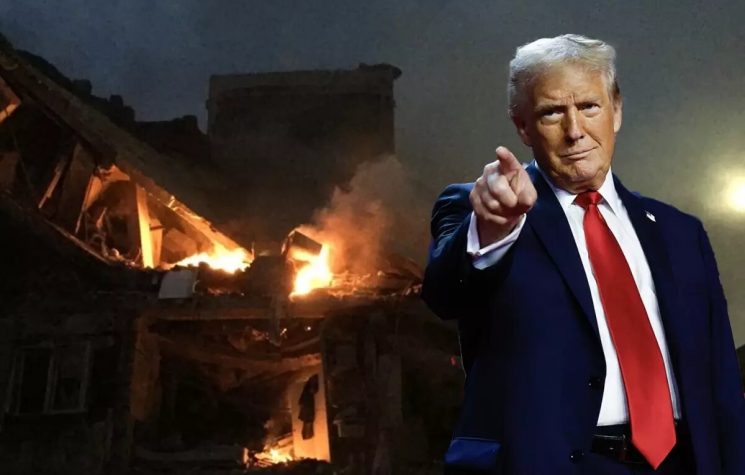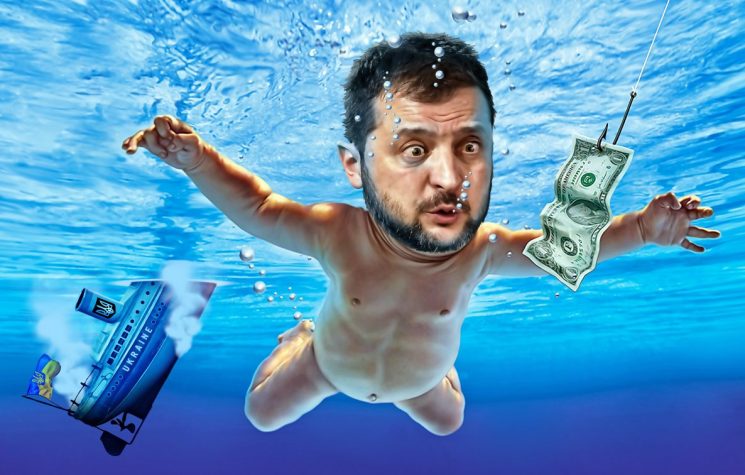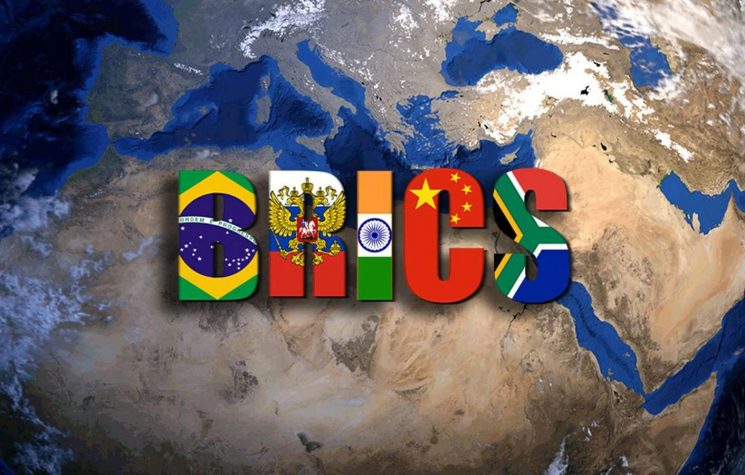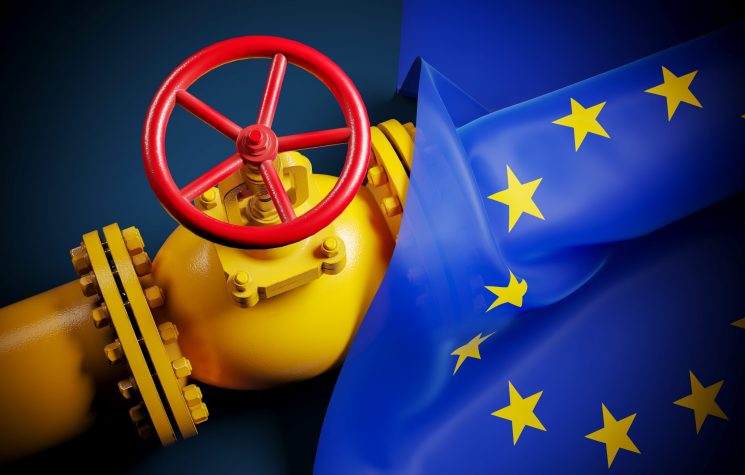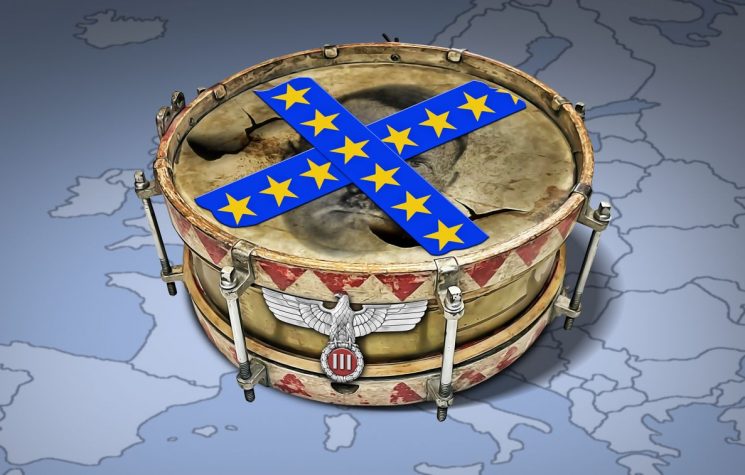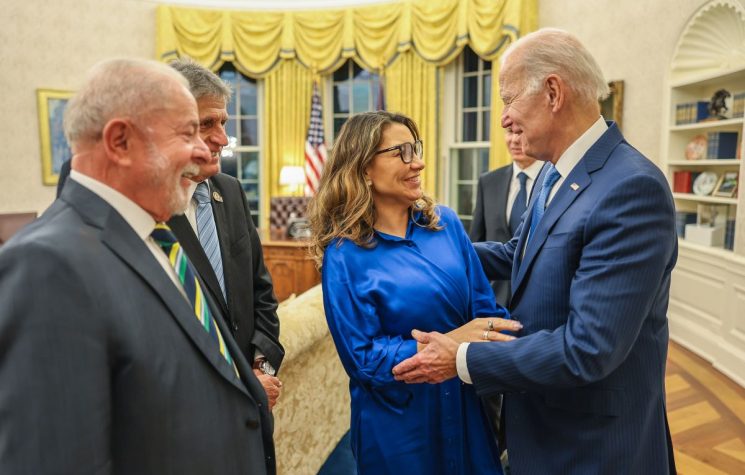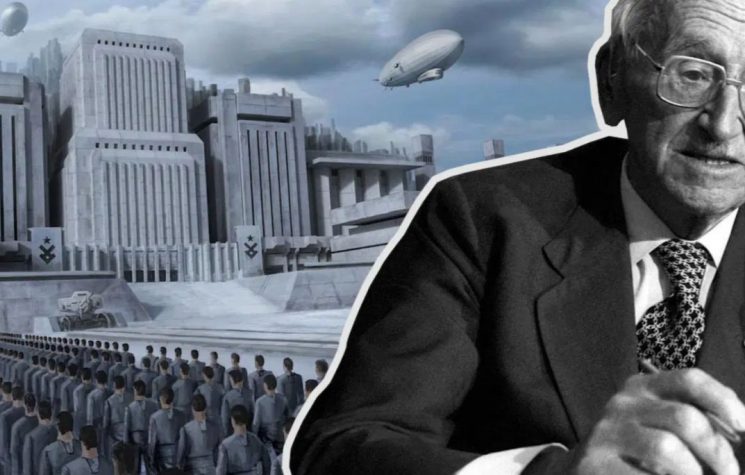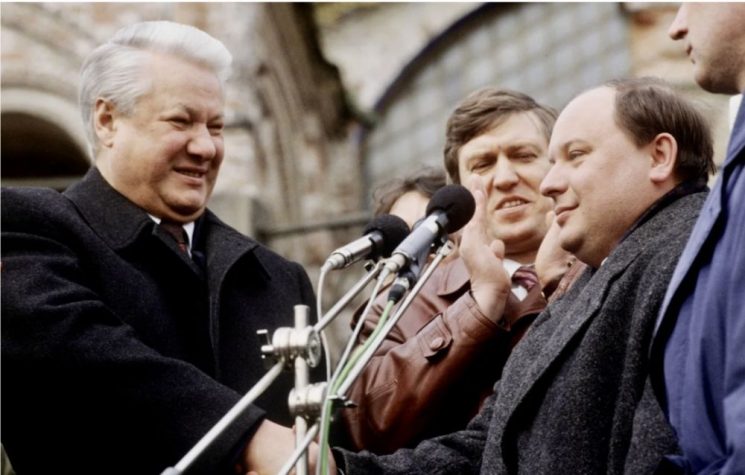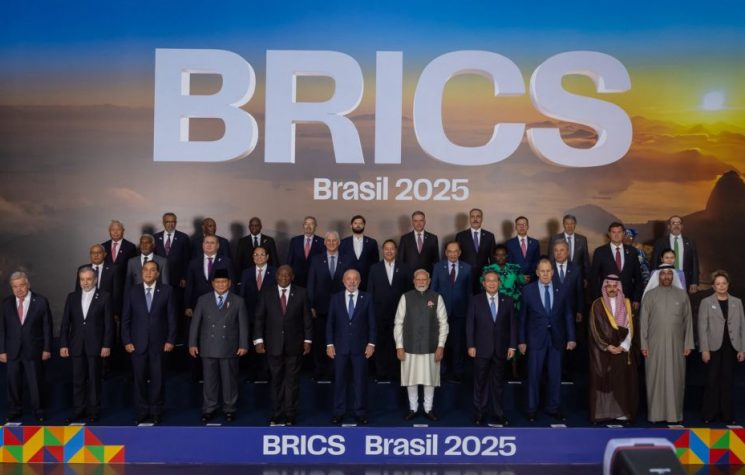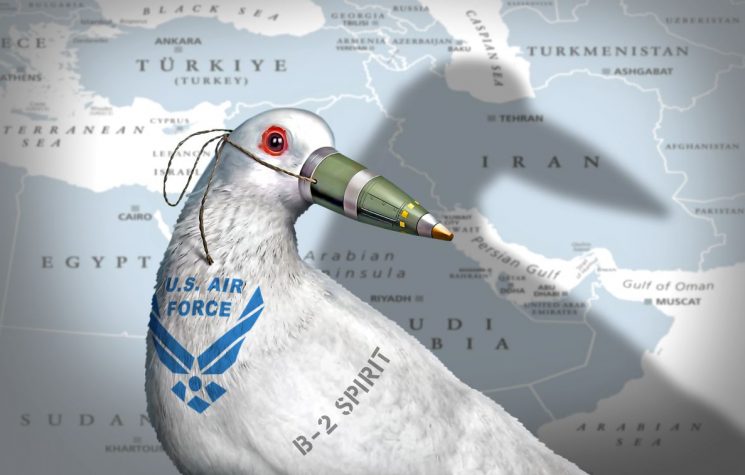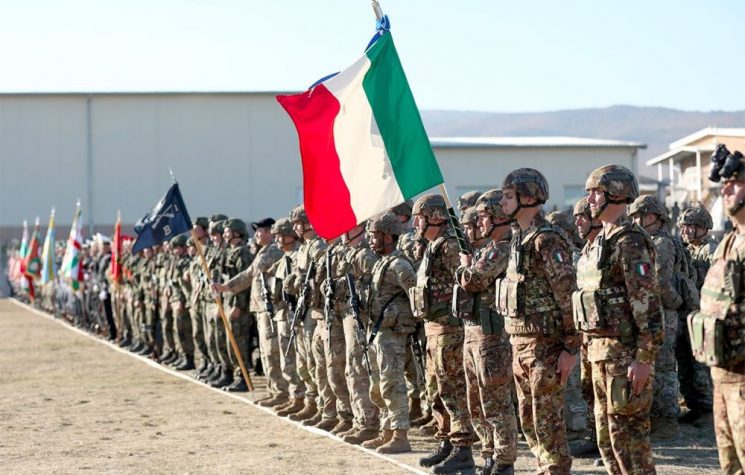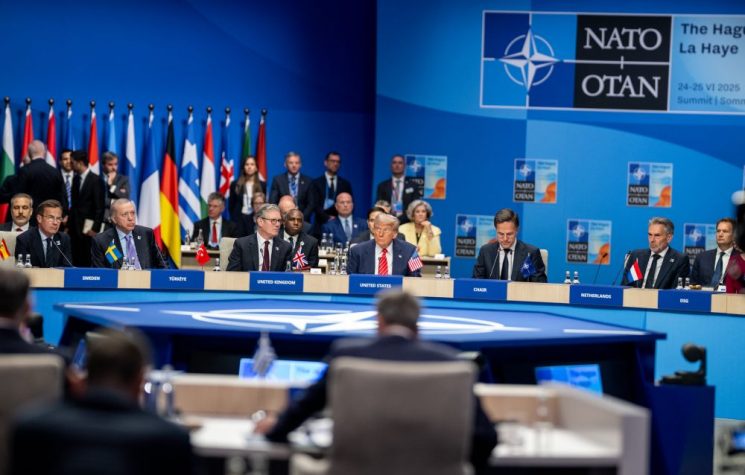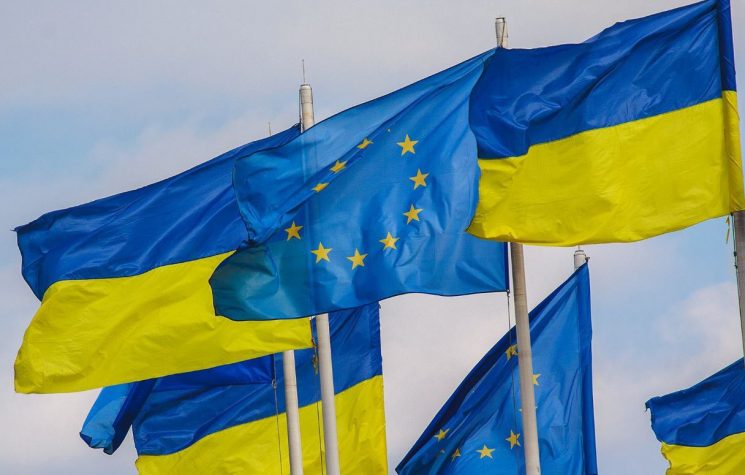Who would ever sit at the table with an enemy about to succumb to implosion?
Contact us: info@strategic-culture.su
American officials have sacrificed national security for decades in pursuit of national superiority. Further arms supplies to Ukraine will not guarantee victory for Kiev, but will only lead to escalation. This is not in the interest of the U.S., which should first and foremost take care of its own population.
A generational political problem
Some might ask the American political leadership – of whatever faction it is – whether they have realised that the U.S. is no longer the boss of the world. If the answer is no, an extensive update dossier would be needed, to be delivered very quickly to the desk of the president on duty.
There is no more time. We repeat: there is no more time.
The United States is in the midst of a political crisis afflicting the entire West (which happens to be directly influenced by the USA) and has not yet managed to resolve it. This poses a major disadvantage internationally, because all around there is a world that is moving forward, in a multipolar key, with a large number of governments and peoples who no longer want to remain under the heel of the invader and who are rebelling, some through markets, some through partnerships, some through revolutions.
In all of this, the U.S. is in the midst of a social crisis that mirrors the unprecedented political one. The demise of the West, as Oswald Spengler put it, is louder than people think. Nobody cares about Americans any more, because there are basically no politicians who have America at heart any more, while they rather have their own interests at heart. This process of separation of governance-representation-people is one of the most delicate points of a transition phase that will lead the whole of humanity to have to rethink the political processes through which societies organise themselves. The problem is that the U.S. is still an imperialist political system with tentacles all over the world, and the dollar has been the main currency dominating the planet for almost a century, so the consequences of this debacle will be equally unprecedented. The final metastasis of a sick society cannot be avoided.
The American generational problem is very much reflected in the country’s foreign policy: while it is true that there is a masterful consistency with the long-term planning that was established at the beginning of the 20th century, it is equally true that things have not gone as strategists and analysts expected. Reality must now be reckoned with. The U.S. has a very exclusive, lobbying, elitist education system linked to a few power groups, whose dependence on the ‘matrices’ of London and Tel Aviv makes the success of candidates complex. Many are called but few are elected, to paraphrase the well-known gospel verse. Instead, the masses have been fed an education that has resulted in a general impoverishment, a sudden lowering of skills and irreparable cultural damage, starting a process that is self-perpetuating through its own successes (which are actually failures). Who will think about Americans in the future? Not even the current election candidates have managed to find the minimum number of successors.
While the belligerent rhetoric continues, the U.S. is being destabilised by an unprecedented illegal immigration, settling social protests with violence or a few doses of new cheap psychotropic drugs, producing some new mass entertainment to keep the protest within tolerable limits. Perhaps nobody really cares what will happen in the ‘New World’ across the Atlantic Ocean. Or perhaps they care enough to let the murderer die his own death.
Sacrifice must be worth the victory
From a strategic point of view, the situation is quite well-known. The Western Front, ça va sans dire, has never gained any real military advantage. An incalculable amount of money has been spent on supplying Ukraine with weapons of all kinds, from the older ones that were pulled out of the post-Soviet arsenals to the more recently manufactured ones, hand in hand with the (still ongoing) training of Ukrainian commanding officers and special units, which, let us remember, have not yet come into play in the conflict, where instead conscripts and reserves have been sent.
The countries that supported the conflict on the western side came to have to change their state budgets in order to meet Zelensky’s demands and turn their economies into war economies, where it was more or less possible and convenient. The whole of Europe, at the behest of the United States of America, entered a slow phase of rearmament such as has not happened since the Second World War.
The colourful industrial arms machine has given billions of dollars to arms companies. How many F-16s have been supplied to Ukraine? How many F-35s are being prepared? How many ATACMS are being discussed in Congress these days? And from the European Parliament, a perfect obedient vassal, which missile models are on the agenda? We have become accustomed to hearing about weapons as if we were talking about sporting matches with our favourite athletes, cheering and getting excited as we hear the cost of a device capable of killing thousands of people. But war is not a game, not a joke.
Although the possibility of striking further and harder in Russia may lift the morale of the Ukrainians, it is the battle on the ground that will determine the outcome of the conflict, and there Kiev is losing. Even in terms of info-warfare, there are no longer any special results, and by now even the mainstream media realise that something is wrong. The rhetoric of the ideal battle for Ukraine has been rehashed in all sorts of ways, without bringing any meaningful results other than to entice a few young men to go to the front to become cannon fodder.
Even if additional Western weapons would not lead to victory for Kiev, they could expand or intensify the war, and this is not in America’s interest. The allies’ sympathies are understandably with Ukraine, despite NATO’s ill-considered push towards the Russian border. However, their first responsibility is to their own nations, which is why they never kept their infamous 2008 promise to bring Ukraine and Georgia into the transatlantic alliance. No one was willing to go to war with Russia over either country.
The proxy war is blurring the delicate line between war and peace.
How much longer will the patience of other international actors who are watching have to be abused? The conflict will not remain only within the borders of Europe, and if it does, the Second World War and the subsequent Cold War taught us, decades ago, that no war is ‘national’ and confineable any more. European countries have relations with numerous other non-European states, which have every interest in protecting their own affairs and not losing out from an extended conflict at the behest of the overbearing U.S. Lady.
And how would the U.S. benefit from this? The prospect is that of a global escalation in which the majority is no longer on the side of the Americans, and this is now an indisputable fact.
The U.S. faces a number of very serious risks and if it does not take them into account, the damage will be irreparable.
A very serious question: what will be left afterwards?
While it is true that the armaments and manpower provided have managed to slow down, at least partially, the Russian reconquest, it is equally true that there has been no victory. This is understandable if one keeps in mind that the Special Military Operation is not a conventional war and that it was deliberately fought according to the strategic criteria of total hybrid warfare from the very beginning. The Americans never wanted to try to win the conflict immediately, otherwise they would have followed another strategy, more militarily aggressive and involving the European countries in a flash-war from the outset.
What has been done, instead, is a slow work of rearranging the entire West in an anti-multipolar key, going against the initiatives already advanced before February 2022 by Russia, China and other countries that were freeing themselves from Anglo-American hegemony. The U.S. has led Europe into an abyss, more so than before, after almost a century of military occupation, political subservience, economic enslavement and cultural devastation. Now there is no choice: either total revolution or participation in the last act of this macabre theatre, the direction of which will in any case make profits, no matter whether in the short or long term. A very important strategic principle is never to sacrifice something or someone unless you have something to gain from it. And the U.S. knows this very well.
At the time of the U.S. election campaign, we keep hearing about ‘diplomacy’ to try to resolve the conflict in Ukraine… or, perhaps, in truth it is to try to resolve the internal U.S. war? Because to be honest, without a stable nation, no diplomacy makes sense. Who would ever sit at the table with an enemy about to succumb to implosion? With what credibility does the U.S. still allow itself to raise its voice against the ‘rest of the world’?
The question then is: what will be left afterwards? It is a question we are perhaps asking ourselves too late.








